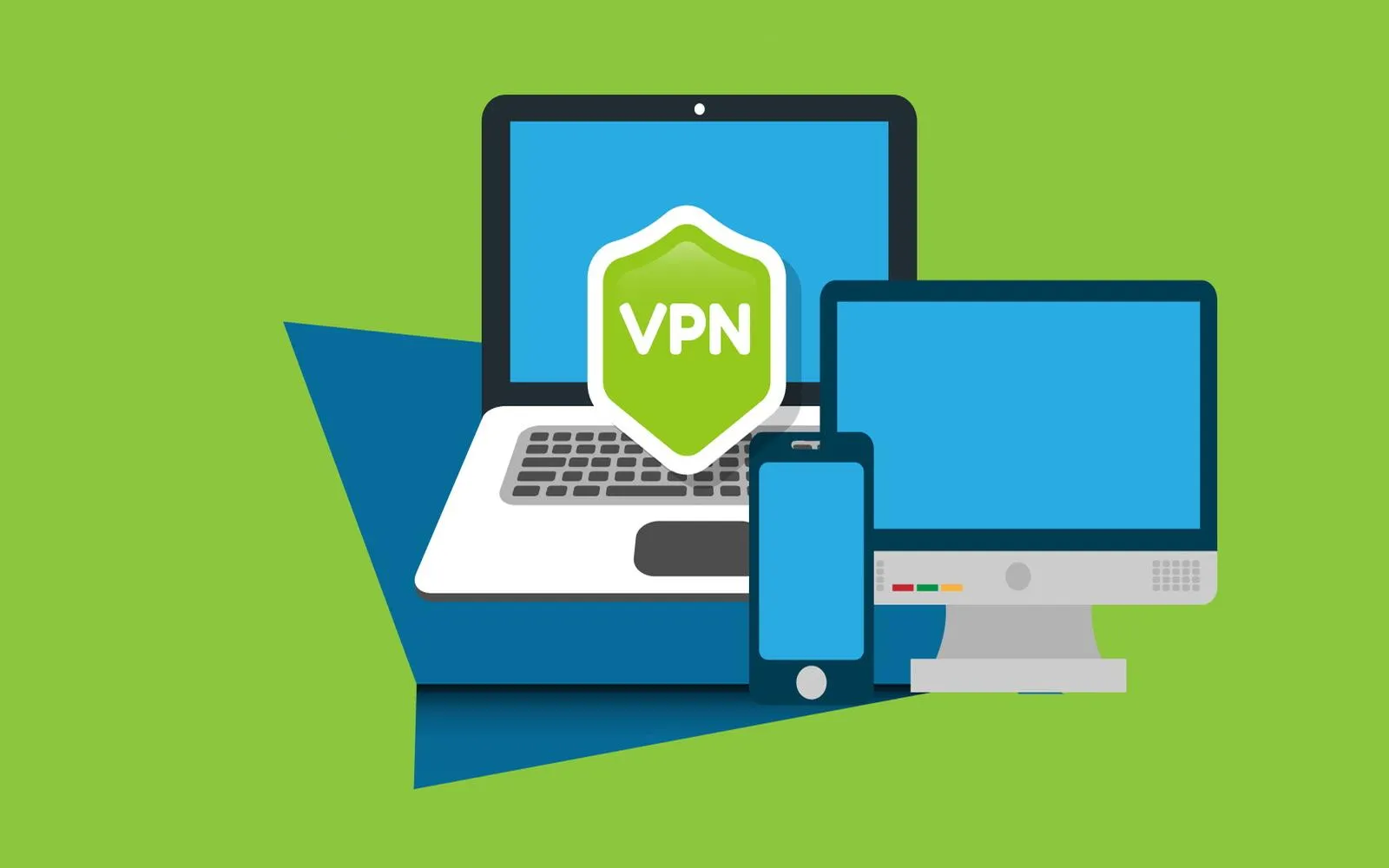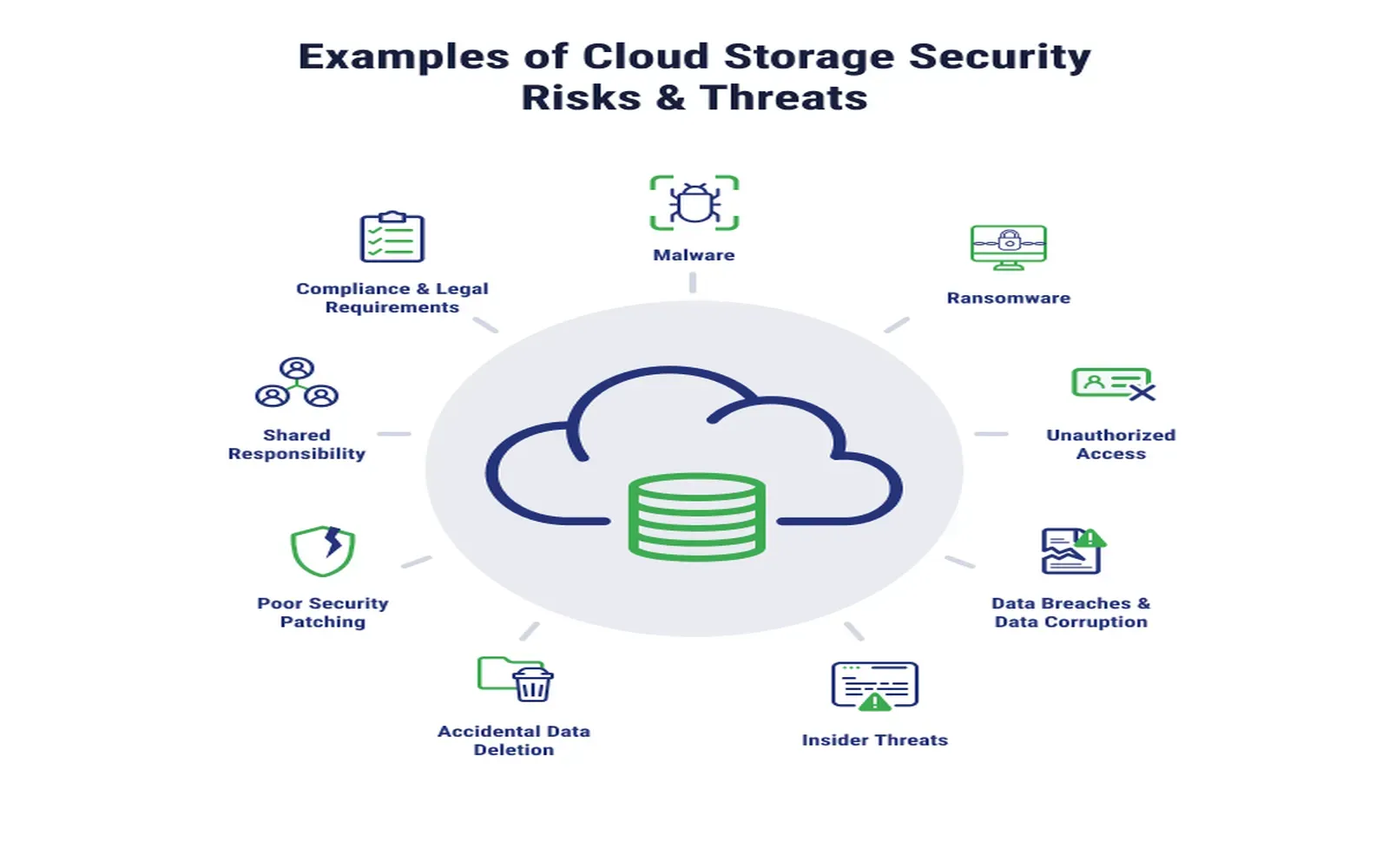Understanding the Importance of Data Management
In today’s digital landscape, effective data management is crucial for businesses of all sizes. With the increasing volume of data generated every day, organizations must implement robust systems to organize, store, and protect their data. Proper data management not only enhances efficiency but also safeguards sensitive information from unauthorized access and breaches. In this article, we’ll explore the top data management tools available in the United States that can help your business streamline operations and ensure data integrity.
Key Features of Data Management Tools
When evaluating data management tools, consider the following essential features:
- Data Storage: The ability to securely store large volumes of data.
- Data Backup: Automated backup options to prevent data loss.
- Data Security: Advanced security protocols to protect sensitive information.
- Data Integration: The capability to integrate with other business applications.
- User-Friendly Interface: Intuitive design for ease of use by all employees.
Top Data Management Tools
Here’s a list of some of the most effective data management tools that can help your business stay organized and secure:
| Tool | Key Features | Best For |
|---|---|---|
| Microsoft Azure | Cloud storage, advanced analytics, security | Large enterprises |
| Google Cloud Platform | Data storage, machine learning, data integration | Startups and small businesses |
| Tableau | Data visualization, business intelligence, integration | Data-driven organizations |
| IBM Db2 | Database management, analytics, security features | Mid to large businesses |
| Salesforce | CRM, data management, security | Sales and marketing teams |
1. Microsoft Azure
Microsoft Azure is a comprehensive cloud computing service that offers a range of data management solutions. With its robust storage capabilities and advanced analytics features, Azure is ideal for large enterprises looking to manage vast amounts of data securely. Its strong security protocols, including encryption and advanced threat protection, make it a reliable choice for organizations that prioritize data protection.
2. Google Cloud Platform
Google Cloud Platform (GCP) provides businesses of all sizes with powerful data storage and analytics tools. GCP is particularly beneficial for startups and small businesses due to its pay-as-you-go pricing model. With features like machine learning and seamless data integration, GCP helps organizations leverage their data effectively while maintaining high levels of security.
3. Tableau
Tableau is a leading data visualization tool that empowers organizations to make data-driven decisions. Its intuitive interface allows users to create interactive dashboards and reports easily. Tableau integrates with various data sources, making it a perfect fit for data-driven organizations aiming to enhance their analytics capabilities.
4. IBM Db2
IBM Db2 is a robust database management system that offers advanced analytics and security features. It is particularly suited for mid to large businesses that require a reliable platform for managing complex data workloads. With capabilities like AI integration and real-time analytics, Db2 helps organizations optimize their data management processes.
5. Salesforce
Salesforce is primarily known as a customer relationship management (CRM) tool, but it also includes powerful data management features. Its ability to manage customer data securely makes it a favorite among sales and marketing teams. Salesforce’s integration capabilities with various third-party apps enhance its functionality, making it an essential tool for businesses focused on customer engagement.
Choosing the Right Tool for Your Business
When selecting a data management tool, it’s essential to assess your organization’s specific needs, including the size of your data, your budget, and the level of security required. Consider conducting a trial or demo of the tools you’re interested in to evaluate their features and usability. Additionally, ensure that the tool you choose complies with industry regulations and standards to protect your business from potential legal issues.
Conclusion
Effective data management is vital for the success of any business. By leveraging the right data management tools, organizations can enhance their operational efficiency, protect sensitive information, and make informed decisions based on reliable data. Whether you opt for comprehensive cloud solutions like Microsoft Azure or user-friendly platforms like Tableau, investing in data management tools is a step towards a more organized and secure business environment.








